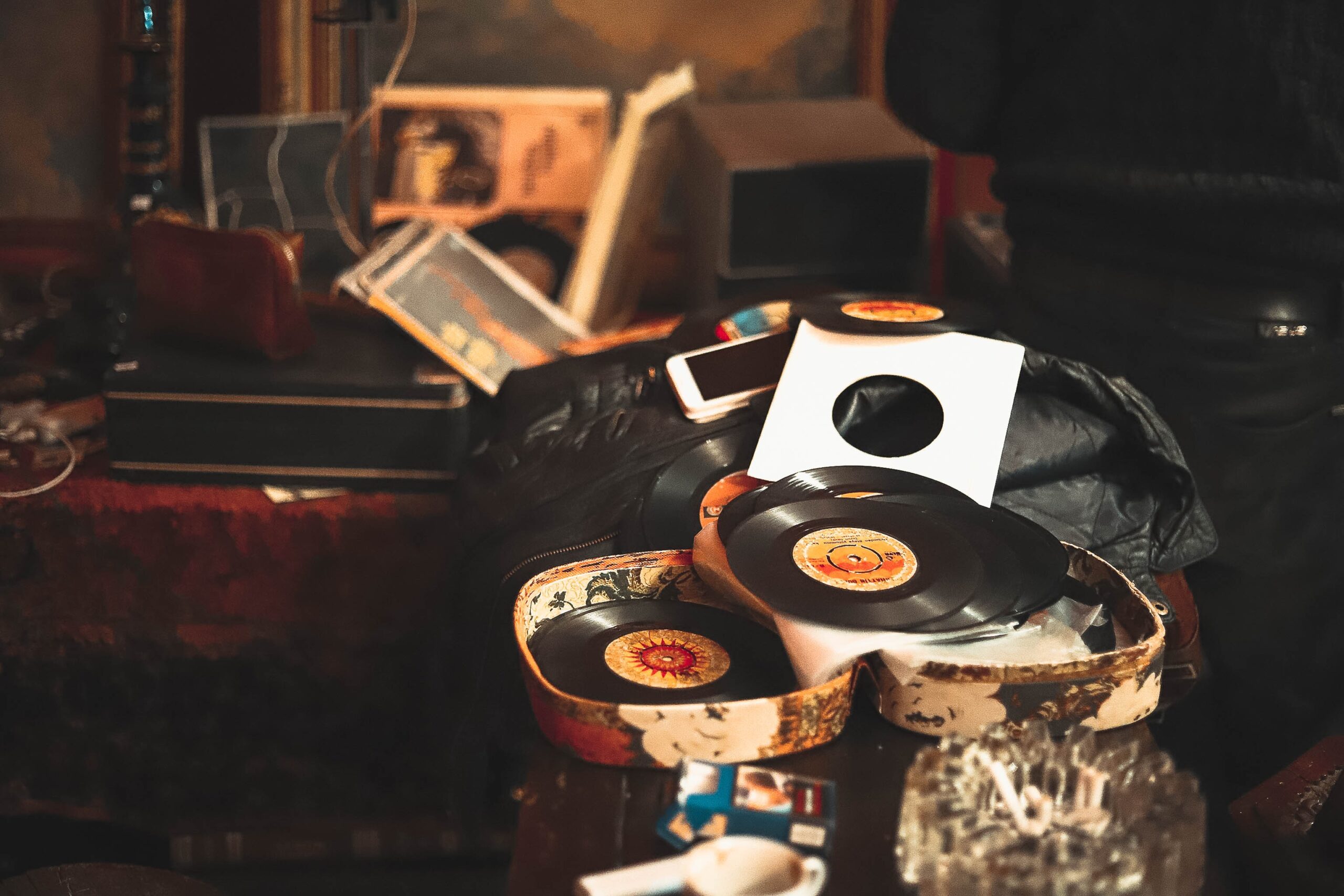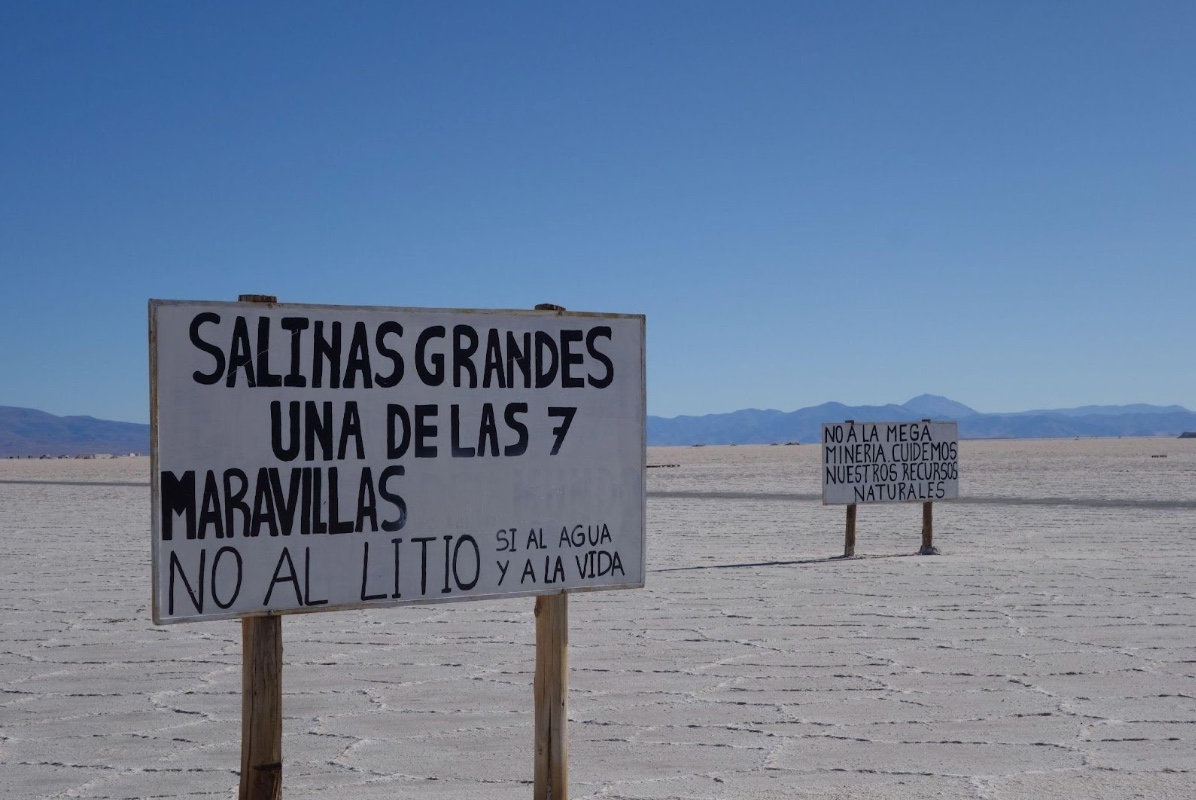By Laura Dylewski
Music has always played an important factor in our day-to-day life. Whether it is music being played at home and in private, or when going shopping or getting a coffee, chances are that there is music playing. Because of that, music has also become an important tool when talking about political discourses. For example, the author David Brenner refers to a Kachin vocalist, who highlights the importance of music during the rebellion in Myanmar, where it was used to portray a shared feeling or a shared thought towards one topic. But it is not just during the rebellion in Myanmar that music has played an important role in acknowledging and talking about political discourses. It is also in our day-to-day political discourses that music is central.
Political Discourses and Pop Music
Taylor Swift is certainly one of the biggest popstars currently and while not necessarily being known for her political views, there are some songs in her discography that talk about certain political issues. Her 2019 released song “The Man” deals with the struggles of being a woman and always being compared to their male counterpart. She describes that she’s “[…] so sick of running as fast as [she] can […]” and wonders if “[…] [she]’d get there quicker if [she] was a man”. Another example out of her discography is the 2020 released song called “Only the Young” which talks about gun shootings in schools and how the “[…] big bad man and his big bad clan […]” are not doing anything to prevent it and the only hope are the younger people. “You Need to Calm Down” is another song by Taylor Swift released in 2019 that celebrates being part of the LGBTIQ+ community and denounces the harassment of people who are part of this group. She ends her music video to that song by linking a petition for people to sign about the Equality Act. The Equality Act aims to protect the LGBTIQ+ community from discrimination in their workplaces. As of 2021, the Equality Act has been reintroduced by President Biden. But what do those examples tell us about the importance of music in political discourses?
The Importance of Music in Political Discourses
As I have explained with the example of the reintroduction of the Equality Act in America, music can play a huge role in politics. It might get an act reintroduced, or up the number of people who registered to vote after a post on social media has been made about it. Music is a tool that can get people interested in political discourse due to the important role it plays in our day-to-day life. While music certainly does not end the problems that are being talked about in songs, it can be a starting point for people to educate themselves more about a topic.
But music is not just a tool for talking about political struggles, music can also form a sense of belonging and help people in difficult times. Music is also an integral part of one’s culture. When we look back at Taylor Swift and her ongoing tour called “The Eras Tour” and the demand that there was for it, we can see that music brings people together to celebrate. Even with sold-out stadiums of around 70,000 people in the US, there were still hundreds of people tailgating around the stadium just to hear Swift play her songs.
But it is not only in Western countries that people are brought together through music. In Palestine, for example, music, or rather arts in general, played an important role for its people in the past. The art “[…] echoed and shaped a national identity who is struggling to survive.”
Whether it is the Kachin in Myanmar, Taylor Swift in Western countries and specifically the US, or the importance of arts in Palestine, we can see that music and arts play an important role in politics. It might not end the struggles that people face, but it can act as a form of belonging and remembering their identity and what people believe in, while also shining light to ongoing political discourses. It is, therefore, an important tool that should never be regulated.
Cover image by Emir Kaan Okutan




